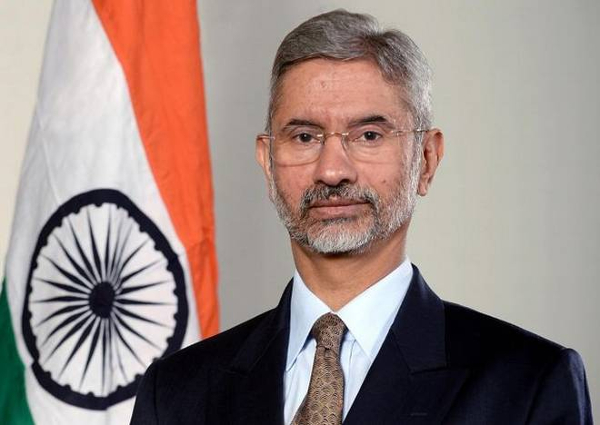Former Foreign Secretary S. Jaishankar, who played a key role in shaping the foreign policy of Prime Minister Narendra Modis first term, induction in the Council of Ministers marks a recognition of the exceptional work of what he did in the Foreign Ministry.
Known for his acumen, sharpness and extraordinary efficiency, the 64-year-old Indian Foreign Service (IFS) officer on Thursday took oath as a Cabinet Minister though he is not a member of either House of Parliament.
The 1977 batch officer has served in various capacities in the External Affairs Ministry and as India’s envoy in key countries like the US and China.
He was the Foreign Secretary from January 2015 to January 2018 and played a key role in shaping Modi’s foreign policy during his first term, which saw a significant growth and expansion of India’s ties with key countries, particularly the US and the Arab nations.
Prior to that, during his tenure as India’s Ambassador to the US from September 2013 till taking over as the Foreign Secretary, he played a major role in bringing the US Administration and the Modi government closer.
He also planned and executed a highly successful maiden visit of Prime Minister Modi to the US in September 2014 and his landmark address to the Indian diaspora at the Madison Square.
A major highlight of his diplomatic career was his tenure as Joint Secretary in-charge of Americas Division from 2004 to 2007 when he was involved in negotiating the historic Civil Nuclear Agreement.
He also led the Indian team of negotiators for the subsequent 123 Agreement with the US, which was linked to the Civil Nuclear deal and concluded in 2009.
Jaishankar, who was honoured with India’s fourth highest civilian award Padma Shri in January, also played a key role in improving the defence cooperation between India and the US.
Jaishankar’s tenure as India’s Ambassador to China from 2009 to 2013, which was the longest by any IFS officer, coincided with several major developments in bilateral relations.
It was his briefing to the Cabinet Committee on Security in 2010 regarding China’s refusal to issue a visa to the Northern Army Commander which led to suspension of Indian defence co-operation with China and military exercises, before the matter was resolved in April 2011.
Also in 2010, Jaishankar negotiated an end to the Chinese policy of issuing stapled visas to Indians from Jammu and Kashmir.
Born on January 15, 1955, Jaishankar, son of well known strategic expert K. Subrahmaniam, joined the Indian Foreign Service in 1977.
His first posting abroad were as Third and Second Secretary (Political) in Moscow from 1979 to 1981.
From 1981 to 1985, he served as under-secretary (Americas) and policy planning in the Ministry of External Affairs.
He then spent three years from 1985 to 1988 as First Secretary, handling political affairs at the Indian Embassy in Washington DC, followed by two years as First Secretary and political advisor to the Indian Peace Keeping Force (IPKF) in Sri Lanka.
In 1990, Jaishankar became Commercial Counsellor in Budapest. After three years, he returned to India where he served first as director of the East Europe division of the External Affairs Ministry and then as Press Secretary to the President of India.
Jaishankar went abroad again – to Tokyo in 1996 as deputy chief of mission. In 2000, he was appointed the Ambassador to Czech Republic and was there till 2004.
Jaishankar returned to India where he led the Americas Division in the MEA.
After heading the division for three years, he was posted High Commissioner to Singapore in 2007 for two years.
Source: BS
Image Courtesy:
You may also like
-
IAF Aircraft Set Course For Exercise Eastern Bridge VII At Oman
-
India-us Working Together In Areas Like Critical Minerals, Supply Chains And Advanced Technologies: Shri Piyush Goyal
-
Defence Secretary to co-chair 5th India-Philippines Joint Defence Cooperation Committee meeting in Manila
-
2nd India-Japan Finance Dialogue held in Tokyo on 6th September, 2024
-
Prime Minister, Shri Narendra Modi welcomes Crown Prince of Abu Dhabi
